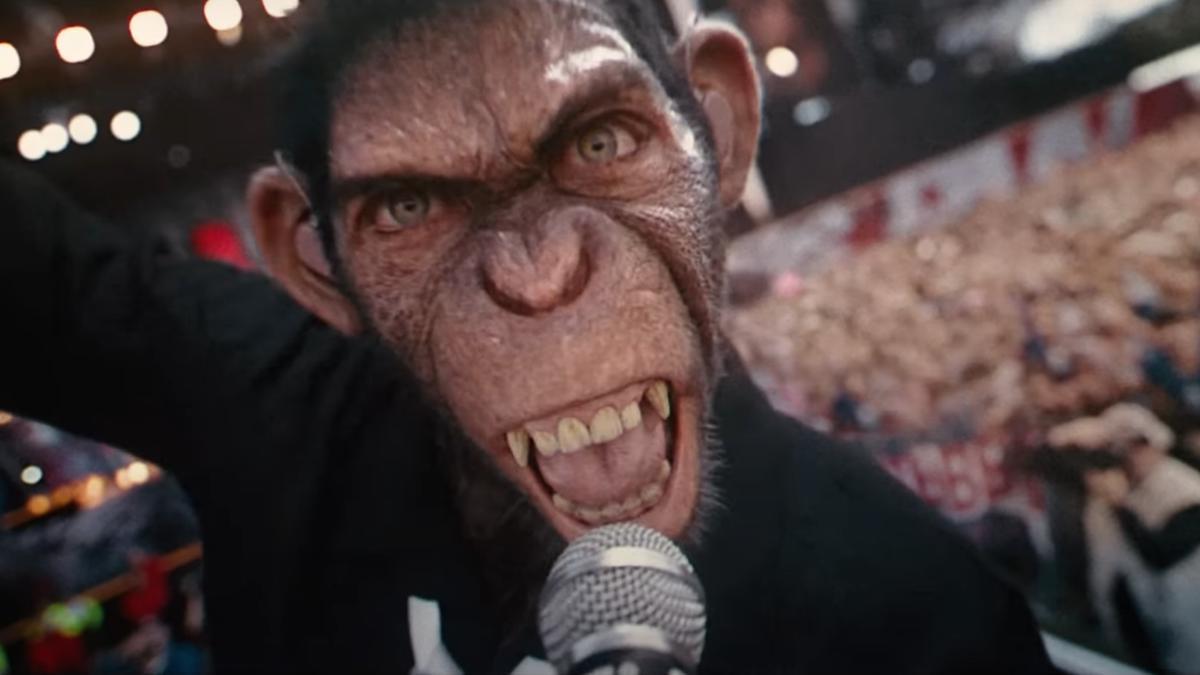
In the aftermath of Sunday’s high-stakes clash between Premier League powerhouses Manchester City and Arsenal, tempers have flared and questions are bubbling over concerning Erling Haaland’s conduct. The Norwegian striker, celebrated for reaching the milestone of 100 goals in a Manchester City shirt, finds himself embroiled in controversy, with his actions being sharply criticized by former Arsenal legend, Ian Wright.
The dramatic match at the Etihad Stadium saw Arsenal taking a 2-1 lead into halftime, only to be reduced to ten men after Leandro Trossard received a second yellow card for delaying the restart. With one player less, Arsenal was compelled to adopt highly defensive tactics to protect their narrow advantage against what is arguably the country’s most lethal attacking side.
As the game neared its conclusion, it appeared that the Gunners might just pull off a remarkable victory against the reigning champions. However, a late equalizer from John Stones dashed Arsenal’s hopes, leading to jubilant celebrations from the City players. During these celebrations, Haaland, fresh from the triumph of his 100th goal, picked the ball out of the net and, in a move now widely condemned, threw it at the back of Arsenal defender Gabriel Magalhaes’ head. Gabriel was unaware and had his back to Haaland at the time.
Speaking in a video posted on Instagram, Ian Wright did not hold back in his criticism. “The one thing that boiled me up properly was Haaland’s coward’s move,” Wright fumed. “Throwing the ball at Gabi’s head when he’s not looking. When Gabi’s back turned to him. Real coward’s move. Gabi would look him in the eye, you know. That’s what bothered me more than anything else. I thought you (Haaland) were bigger than that.”
But the contentious incidents didn’t end there.
. Merely seconds after the celebrations died down and play resumed, Haaland found himself at the center of another altercation. This time, he collided forcefully with Arsenal midfielder Thomas Partey right from the kick-off, further inflaming tensions between the two sides.
Adding fuel to the fire, a video surfaced showing Haaland telling Arsenal’s head coach Mikel Arteta to “stay humble” as the two exchanged post-match pleasantries. Arteta, visibly focused on the task of greeting his former club colleagues, appeared to ignore the Norwegian’s comment. This clip has since gone viral, eliciting a polarized response from fans and analysts alike.
The silver lining for City, having avoided defeat in such a crucial fixture, was overshadowed by these unsporting episodes, prompting a slew of questions regarding the referee’s failure to penalize Haaland. Many fans and pundits alike are calling for a review of the incident, arguing that such behavior should not go unpunished if the spirit of the game is to be maintained.
Widely regarded as a paragon of sportsmanship throughout his years at Arsenal, Ian Wright’s outspoken disapproval of Haaland’s behavior reflects a broader sentiment within the football community. Wright’s views are especially impactful given his storied history with the sport, and his passion for maintaining the standards of fairness and respect that underlie its appeal.
The fierce match, a critical encounter between two of the Premier League’s top contenders, was also marked by the tactical battle between the managers. Arsenal, under Arteta, showcased a resilient defensive display, a testament to the Spaniard’s growing reputation as a strategic thinker. On the other side, Manchester City’s Pep Guardiola remains one of the most revered managers in the game, continuously pushing his team to demonstrate both skill and mental fortitude.
As the dust settles from this heated encounter, discussions will inevitably turn to the finer points of the match itself, including tactical approaches, individual performances, and the psychological edge carried by moments of controversy. However, the immediate and loudest conversations center squarely on Haaland’s actions and whether they are representative of the competitive spirit or merely the rashness of a player known for his ruthless goal-scoring but perhaps lacking in decorum.
This story, triggering widespread discussion, underscores the complexity of modern football, where remarkable athletic achievements can be swiftly overshadowed by lapses in sporting ethics. Whether this episode will have any long-term implications for Haaland or impact future encounters between these titanic clubs is yet to be seen. However, it undeniably highlights the fine line between competitive zeal and unsportsmanlike conduct in the beautiful game.










